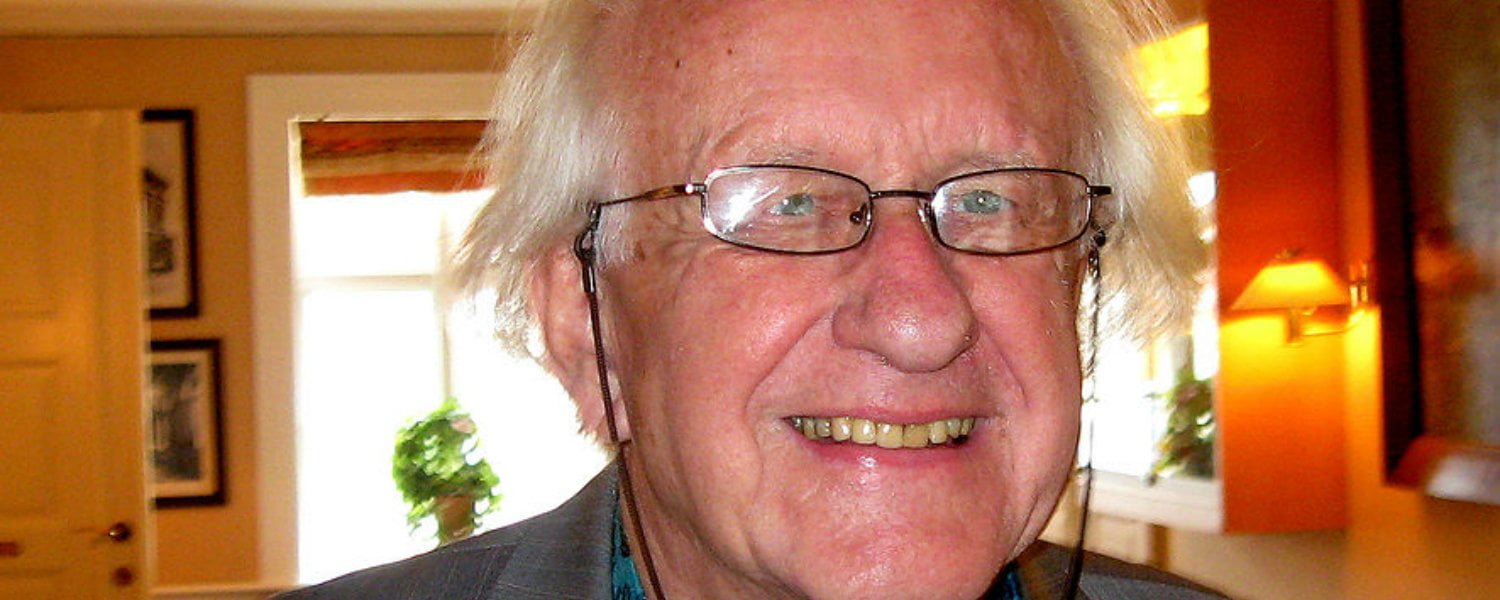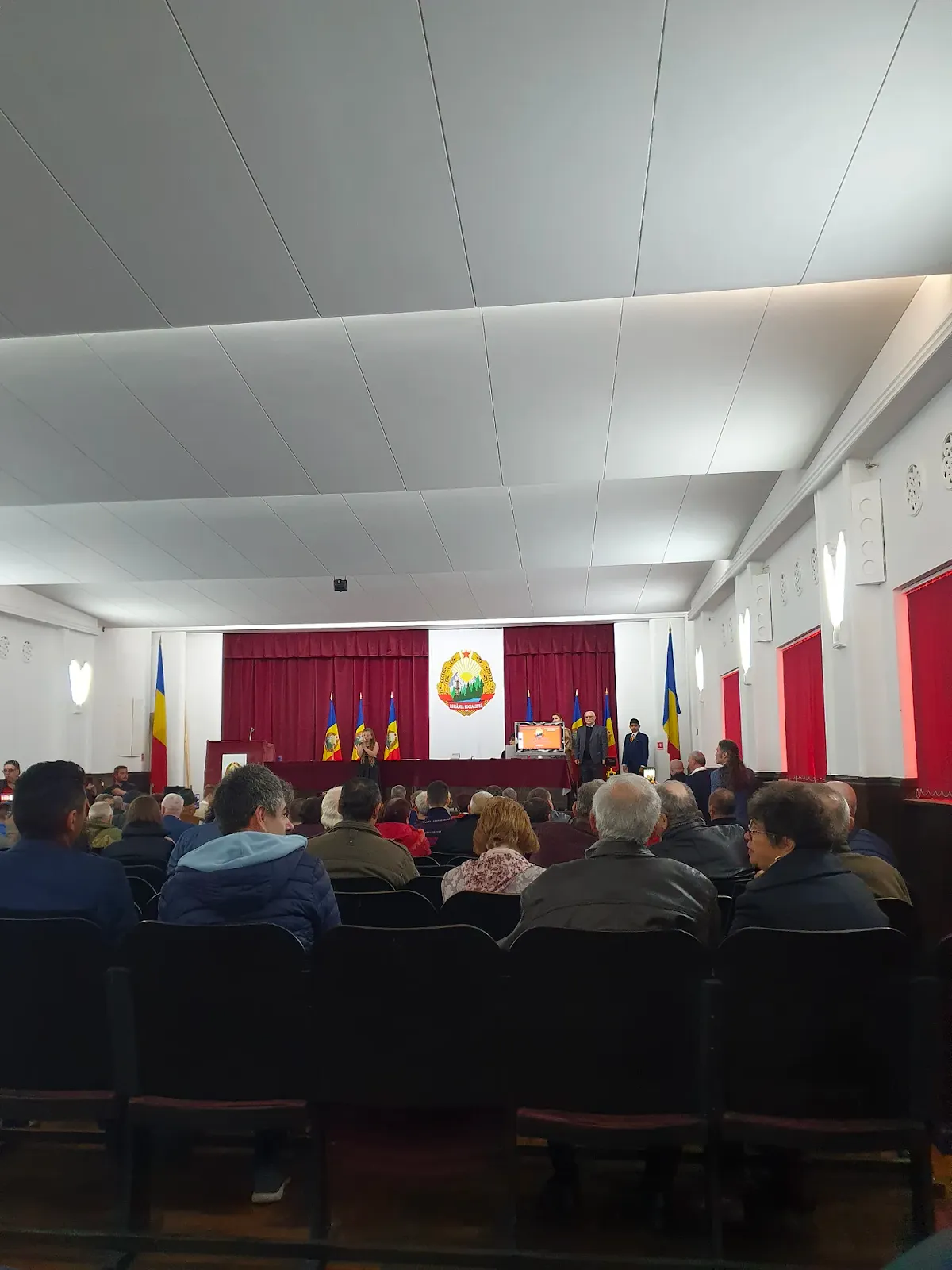The Peace Studies scholar speaks with Baricada about how conflicts are resolved, and what are the perspectives of peace and war in the Middle East, on the Korean peninsula, in the USA, the EU, Romania, Bulgaria and what is ”Peace Journalism”
The succesive anti-Russian instigation in western countries, the Turkish intervention in Syria, the war in Yemen and many other escalating conflicts seem to convince that we are living in times of rising contradictions, where ”no hope lurks around the corner”. Even if the evening news stream occasionally fails to report about new air strikes or chemical weapons use in Syria, they feed us abudantly with stories about violence and domination through agression. There are not many people in Romania or Bulgaria, who know that just as there are military schools, there are also schools, institutions and media that fight for peace. They don`t deal with Buddhist mediation or peace runs under the guidance of the teacher Sri Chinmoy. These are organisations that develop and apply systematically the theory for conflict resolution. In March 2018 I contacted one of the founders of such structures – the 87-year old Norwegian Johan Galtung, on behalf of Baricada.
The 87-year old veteran has founded in 1959 in Oslo the Peace Research Institute and was its first director until 1970. Galtung is one of the founders of the discipline ”Peace Studies” and creeates the first academic journal in this field in 1964. Later he founds the ”Transcend” organisation, which fights for peace and whose articles can be read here: www.transcend.org.
Galtung has created many of the notions, that have become part of the theory for international relations in its part about conflicts and conflict resolution. He introduces the notion „structural violence“ in international relations and social research. That is how he labels the violence, which is not direct or physical, but comes from the economic and political medium in a given society. For example poverty and discrimination are forms of structural violence.
The expert is convinced that it is not sufficient for the hostilities to stop, so that peace takes hold. Violence has many forms and its uprooting is a must, if societies want to evolve in a positive direction. The Norwegian calls the lack of war „negative peace“. This kind of peace is often imposed by peace-keeping forces. At the same time positive peace means an active bond of cooperation and empathy. Positive peace has various levels of accomplishment. If positive peace manages to affirm itself, it can reach its highest level – the fusion of the political actors or of the subjects, into a union that transcends all its separate elements, but is also a high form of their realisation.
Galtung uses these notions to define a humanistic vision for the human development that is focused on conflict resolution and is based on cooperation and joint development. This is an optimistic view about human nature. A Human is not condemned to only fight for domination, but is also capable of overcoming militarism, national egoism and to stop the cycle of violence, revenge and new violence, that often holds societies and people in a state of trauma.
„Armed“ with these basic concepts I asked Galtung in the first part of our discussion about today`s peace fighters, where have the pacifists among politicians gone and I tried to understand whether „the cultural gene“ of competition, of the fight for domination hasn`t conquered us all at a deeper level.
Galtung is convinced that today peace activists know very few things and adhere to limited mantras – „such as praying for peace“.
As far as the politicians are concerned, I noted that March 2018 marked the 15th anniversary of the intervention in Iraq, which is considered today as the turning point that brought about the escalation of conflicts, death and waves of migrants in the Middle East and beyond it. I reminded Mr. Galtung of the February 2003 United Nations Security Council speech of the French foreign minister Dominique de Villepin, who warned that such an intervention would increase the feeling of injustice, raise tensions and would bring risk for new conflicts. The implosion of Libya, the war in Yemen, the rise of Islamic State, the war(s) in Syria, where the USA, Russia, Turkey, Iran and other regional powers got involved, are all outcomes of the 2003 intervention in Iraq and of the American “vision” for the Middle East. “Mr. Galtung, why do we hear plenty of world leaders [such as Donald Trump, Vladimir Putin and Xi Jinping] make threats with powerful weapons and armament programmes today, but we don’t hear leading politicians arguing in support of the anti-war policies like De Villepin did in 2003? What might be the way out of conflict for the peace-loving people of Syria, Iraq and the larger Middle East?”, I asked.
“World leaders” do not know any other answers. They say “diplomacy”, but diplomats do not know [what must be done]. In order to solve a conflict, one has to listen to all the parties, test their goals for legitimacy according to law, human rights, human needs and then try to bridge legitimate goals in a new social reality, like a federation. In order to concile traumas, one needs to find solutions to past conflicts that were not solved, hence leading to violence. [There is] no need for naive “shaking of hands”.”, answers Galtung.
As for competition as “the spirit of times”, my interlocutor consoled me that what was valid for America and Europe was not valid for the rest of the world: “I think you confuse the world with the West, including Israel – they think like that… But there are other parts of the world that seem very happy with multipolar peaceful coexistence”, he said. Then he added that there are two new belligerent, domineering important states that are coming up very quickly: Turkey and China. As far as the solutions are concerned, Galtung advised me to identify the underlying conflicts in a certain contradiction, then to try to solve them. Or, to identify the underlying traumas and try to concile them.
Reading over various thoughts and concepts, formulated by the Norwegian, I also got to know his views on colonialism. He has introduced the notion of sociocide – “the killing of a society”, which is accomplished through the structures of colonialism, destroying the local structures and cultures. Some people argue that countries such as Romania and Bulgaria have become economic colonies of the EU, which erodes their national identity and statehood. I asked Johan Galtung what is the place of these two countries with regard to violence – are they colonised countries, which object to the West’s violence, or on the contrary – they participate within their limits in the world’s division of violence as they fall in line to the Western order.
The veteran thinker is certain that the two countries now fall in line to the Western order, but he also defines what this order means. “It is the market order, manipulated by the rich and powerful, after a plan… now the West demands both countries’ military participation – now very anti-Russian.”
As for the Middle Eastern conflict, my interlocutor was quite laconic: „Syria is profoundly Muslim“, so a Muslim solution is necessary. „Iraq is a Western construction with three different parts. The larger Middle East is a London concept, which was handled much better by the Ottoman empire“, added further Galtung.
We communicated with Galtung over e-mail in the course of a work day, when he was answering my questions one by one. There have been and for sure there will be very difficult conflicts to resolve, but „the king“ of conflicts undoubtedly is the Middle-Eastern one. I couldn`t help asking about it. At the end of March this conflict entered once again a hot phase with Isareli violence against protesting people from the Gaza Strip, that led to many casualties and wounded.
Decades ago Galtung proposed that Israel reached positive peace with its Arab neighbours through the creation of a regional integrational community, removal of borders and replacing of confrontation with cooperation and mutual respect of interests. But is this possible when the American embassy is being moved at present from Tel Aviv to Jerusalem? When would the international situation be suitable for the resolution of the Israeli-Palestinian conflict?
„It doesn`t matter much where the US and the Saudi embassies are located. What matters is that much of West Asia is former Ottoman land. Given that the people there are Muslims, they are open to all the believers in Abramic religions, the so-called religions of the Kitab [the Book – meaning Holy Script, which are judaism, christianity and muslim religion – note of the editor]. Jews should act accordingly and live all over, leaving a small Israel by resolution 242 to their fundamentalists – but not to claim ownership of land“, says Galtung. He lays the burden for conflict resolution on the people of Israel, who in his view „should understand Islam better“.
There seems to be a bright light on the horizon of world conflicts. After a North Korean and a South Korean delegation marched together under one flag at the opening of the Winter Olympics 2018 in PyeongChang a high-ranking South Korean delegation met with the North Korean leader Kim Jong Un in Pyongyang. Next, American president Donald Trump and Kim Jong Un reached out to announce intentions for a bilateral meeting in a third country. How do all these gestures and diplomatic openings influence the equation around the North Korean nuclear programme, I asked.
„It opens for an obvious agreement: a UN-inspected nuclear weapons free Korean peninsula, and North Korea now have bargaining cards to throw into that process. Withdrawing US nuclear arms is crucial, not just US troops“, said Galtung bringing me closer to a key moment of our online communication.
My interlocutor is known for the fact that he differentiates between the American empire, which is viewed negatively in the world because of its militarism and hegemonism, and the American Republic, whose democratic and civic spirit creates approval. Given that the American president Donald Trump announced soon after his inauguration that military expenditure will rise, what would the US future be under Trump`s rule?
In Galtung`s view the future of the USA is a more modest USA, which sees itself as a big country in North America with two fine neighbours – Mexico and Canada, the so-called MEXUSCAN. This more modern country will have no idea of running the world. „Trump`s rule is no rule at all. The doctrine „America First“ is becoming America Last. This is very useful for the concept of MEXUSCAN and is good for world peace“, claims Galtung.
I can`t help being impressed by the laconic and straightforward answers of Johan Galtung. I was very curious what is the role of the EU in world relations of peace and war. European countries have recently started to officially work upon the project PESCO – a common defense union, as it is expected that military expenditure in the European component of NATO will rise in the forthcoming years. I was wondering, whether the EU has any other option, but to invest in the military industry and military procurement, given that the USA, Russia and China have been developing their military capabilites.
„The EU is making the worst possible mistake, imitating the others with HQ, army, French belligerence instead of the obvious: serving as a model of regional peace for others. As I just said, the EU has something else to offer: a wonderfully successful model of how countries with a long history of devastating warfare can cooperate and create not only negative but positive peace. EU should apply that to its relations with the rest of the world, and not fall into a trap that leads to deaths–of many, many people“, Galtungis convinced.
Before concluding the interview, I wanted to know something more about „Peace Journalism“, a concept, which is promoted by my interlocutor. The idea of this concept is that the media often puts an emphasis on violence and conflict and thus indirectly encourages them. This is where Peace Journalism enters so that it could „create opportunities for society at large to consider and o value non-violent responses to conflict“.
I wanted to know what cases of conflicts can be resolved by Peace Journalism. Galtung praised the work of the Australian Annabel McGoldrick and of her husband Jake Lynch, who are the authors of the „Peace Journalism“ manual and have been active in Indonesia. The manual describes the main concept and the theoretical framework behind „ peace journalism“, as it explains how one could stop the cycle of violence, where the injustice suffered leads to revenge, which in its turn provokes another injustice to be committed. In fact the very media „Transcend“ is an example of Peace Journalism. It published pacifist and critical thinking articles on world conflicts, as it aims to promote positive peace and to reject violence.
Is Galtung a prophet in his country of birth? It turned out that he left Norway in 1977. In fact, this country has a special place in the world balance between peace and war. The Nobel Peace Prize is given annually in Oslo. At the same time the present secretary general of NATO is the former Norwegian prime minister Jens Stoltenberg. In 2011 Anders Breivik`s terrorist act unfolded in Norway.
”The place of Norway? Very happy about the prestige emanating from being the country awarding the Nobel peace prize. But Norway believes neither in reducing its army, nor in understanding other nations, like Russia…. And as you point out, today strongly involved in one of the key US military instruments: NATO.”
In the last mail of our correspondence my interlocutor directs the attention towards his books, where I find a curious formula: „It is both possible and meaningful to be anti-hitlerism without being anti-German, anti-stalinism without being anti-Russian. anti-US imperialism without being anti-American, anti-expansionist zionism without being anti-semitic, anti-quislingism without being anti-Norwegian, anti-Japanese militarism without being anti-Japanese.“
To be true to such convictions for decades is a special privilege. The talk about peace could sound abstract, especially in a world of rising contradictions. However, Galtung`s disciplinie is obligatory for everyone, who wants to act consciously towards conflict resolution. The capability to overcome conflict is one of the most precious human achievements today.











[…] This article was published on 4 April 2018 on the site ”Baricada”. […]